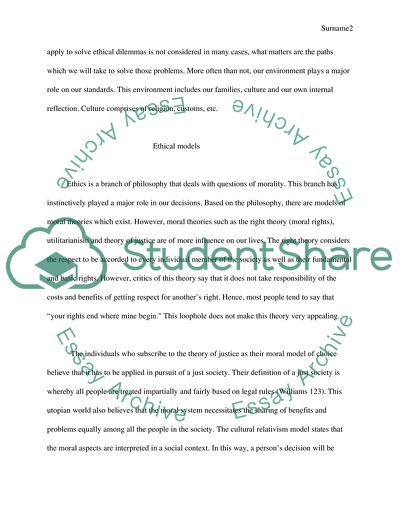Cite this document
(“Reflection on Ethics Essay Example | Topics and Well Written Essays - 1250 words”, n.d.)
Retrieved from https://studentshare.org/religion-and-theology/1643896-reflection-on-ethics
Retrieved from https://studentshare.org/religion-and-theology/1643896-reflection-on-ethics
(Reflection on Ethics Essay Example | Topics and Well Written Essays - 1250 Words)
https://studentshare.org/religion-and-theology/1643896-reflection-on-ethics.
https://studentshare.org/religion-and-theology/1643896-reflection-on-ethics.
“Reflection on Ethics Essay Example | Topics and Well Written Essays - 1250 Words”, n.d. https://studentshare.org/religion-and-theology/1643896-reflection-on-ethics.


